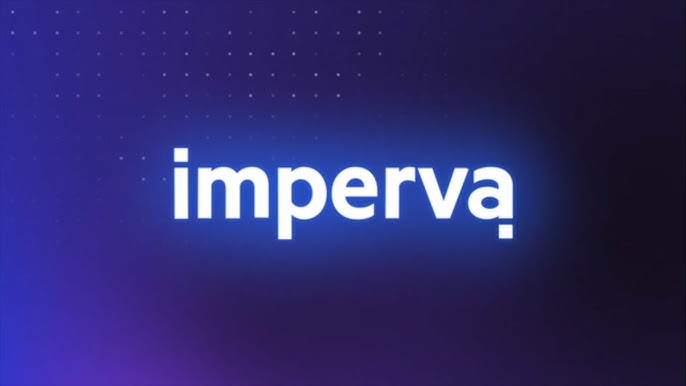Description
Introduction of FreeBSD
FreeBSD is an open-source, Unix-like operating system widely used for a variety of purposes, including web servers, network appliances, and even as a development platform. Known for its performance, scalability, and advanced networking features, FreeBSD has become a popular choice for professionals who require a robust and flexible OS. This training course will guide you through the key concepts and provide hands-on experience with FreeBSD, from installation to system administration, networking, and security.
Objectives:
- Understand the history and fundamentals of FreeBSD.
- Learn how to install, configure, and maintain FreeBSD systems.
- Explore file systems, user management, and process handling.
- Gain skills in network configuration, firewall setup, and advanced security features.
- Prepare for FreeBSD usage in production environments.
Prerequisites of FreeBSD for Production Environments
Before starting this FreeBSD training, the following prerequisites are recommended:
- Basic Knowledge of Unix/Linux Systems:
- Familiarity with Unix/Linux commands and shell environments (e.g., bash or csh).
- Understanding of file systems, process management, and basic networking concepts.
- Understanding of Computer Networking:
- A general understanding of TCP/IP, DNS, and routing will be helpful in later networking modules.
- Access to a Virtual Machine or Physical System for Practice:
- You should have a virtual machine or a dedicated system available where FreeBSD can be installed for hands-on practice.
- Willingness to Learn:
- A proactive approach to exploring documentation and resources is vital for maximizing the value of this course.
Table of Contents
Conclusion:
This training is structured to provide a strong foundation for anyone looking to use FreeBSD in various contexts, from personal projects to enterprise-level systems.







Reviews
There are no reviews yet.